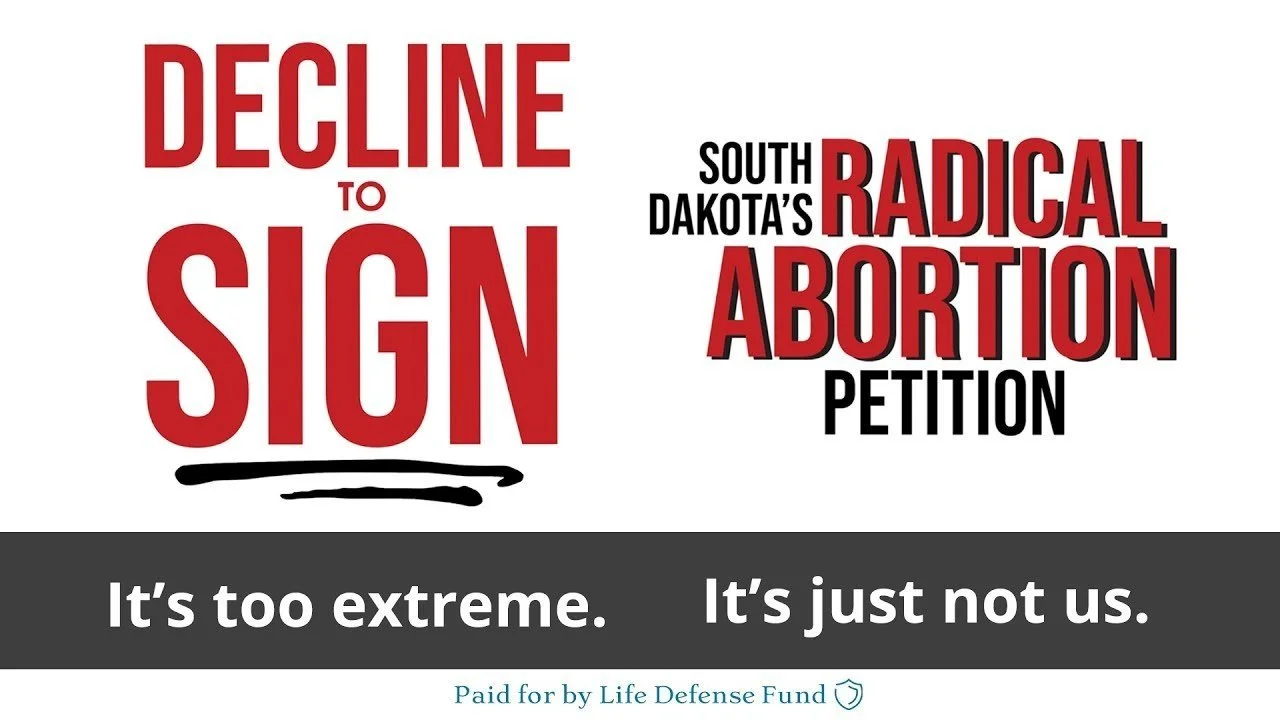So what’s not to like about Amendment H? It effectively enfranchises 160k South Dakota voters. Isn’t that a good thing?
Constitutional Amendment H on the upcoming ballot here in South Dakota is a radical departure from how voting takes place. It sweepingly eliminates primaries that are split into party-only events and consolidates all candidates, regardless of political party affiliation, into one group of contestants for each elected office. Then, the top two vote-getters, regardless of party affiliation, in each race face a runoff in the general election.
I can’t imagine a more complete eradication of the status quo, and note with some chagrin that both major parties, Democrats and Republicans, in South Dakota oppose this measure. I can see Republicans, who now dominate (of 94 members of the Legislature, 83 are Republicans) the state, feeling attached to the way things now operate. They have good reason to be nervous about a significant number of independent voters casting ballots for Democrats in an open primary.
On the other hand, Democratic opposition is a little tougher to figure. Considering they’re more a micro than a minority party, they probably stand to benefit from a change that grants them access to a significant bloc of independent voters.
Those same Democrats, in their letter of opposition to Amendment H, say it “limits voter’s options, encourages voter deception and makes it harder for the average South Dakotan to run for office.”
Republican state Senator John Wiik, writing in opposition to the Amendment in the S.D. Secretary of State’s ballot question pamphlet, writes that “political parties are foundational elements of self-government.”
I’ve abbreviated the arguments of both parties in their respective anti-Amendment H treatises and encourage you to link to them and read them in their entirety. Both of them make arguments that have much merit, but both ignore the one aspect of modern times that is making the change to an open primary a necessity if we are to maintain a system of elections that reflect the will of the people in South Dakota.
What I’m talking about is the fact that a huge number of registered voters in this state affiliate with neither party. Out of 619,000 registered voters in South Dakota, slightly more than 150,000 are independent or unaffiliated. That’s nearly 25% of the electorate. As of now, those voters can participate in Democratic primaries, but not in Republican primaries, which produce the bulk of South Dakota’s elected officials .
It’s important to note that primary elections are taxpayer-funded, so we have a system that essentially forces many people to pay for elections in which they can only marginally participate, meaning that their votes count in Democratic primaries if they choose to participate in them, but not in Republican primaries, from which they are categorically excluded.
As Republicans are the overwhelmingly dominant party in the state, these independent/unaffiliated voters are left out of the process when it comes to putting together slates of Republican candidates for the general election.
This is not fair. Nor is it the way to create a government that is reasonably representative of the will of the people.
In fact, so meaningless has the primary process become in this state that, according to supporters of Amendment H, only 17% of voters turned out for last June’s primaries. I believe that if independent and unaffiliated voters were permitted to join in the primary election process, turnouts would be substantially greater.
Numbers bear this out. In 2022, the three states with non-partisan primaries, Alaska, California, and Washington, had substantially higher turnouts than the average for the rest of the states in this country. It seems reasonable to believe that when otherwise disenfranchised primary voters are given the opportunity to cast ballots, many will choose to do so.
Voting yes on this amendment is certainly a way to get a lot of us independents into the primary process, and speaking as one of them, I’d appreciate you giving me (an old vet who dedicated a chunk of his life to preserving the notion that his vote should count for something) the chance to get my vote tallied in the next primary cycle.
John Tsitrian is a businessman and writer from the Black Hills. He was a weekly columnist for the Rapid City Journal for 20 years. His articles and commentary have also appeared in The Los Angeles Times, The Denver Post and The Omaha World-Herald. Tsitrian served in the Marines for three years (1966-69), including a 13-month tour of duty as a radioman in Vietnam. Republish with permission.
Photo: from the South Dakota Open Primaries Facebook page







